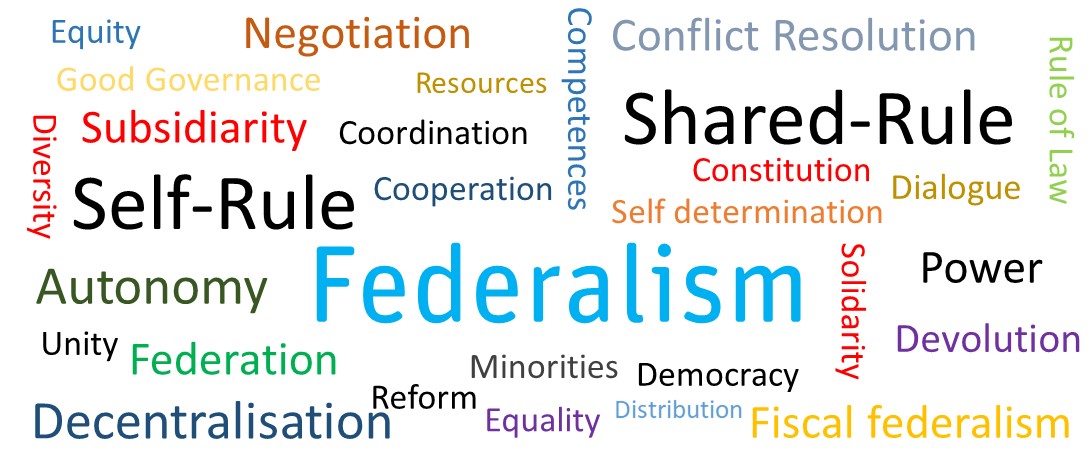Abstract
Iraq’s constitution of 2005 was a promising one: it had been accepted in a popular referendum and implemented a federal agenda for the central government and the Kurdistan region. However, a closer look reveals that the constitution-making process was severely flawed. Indeed, some essential features of the federal system are either missing or remain largely undefined. In this short contribution, we expound on the extent to which the constitution essentially provides for a federal structure, and whether it has been properly implemented. Further examination reveals that the absence of federal regions (besides the Kurdistan region), the unclear distribution of rules, as well as the missing bicameral parliament and the law on the Federal Supreme Court, all contribute to the lack of federal practice in Iraq – leading to important anti-federal consequences, such as the 2022 Iraqi Oil Judgment.


